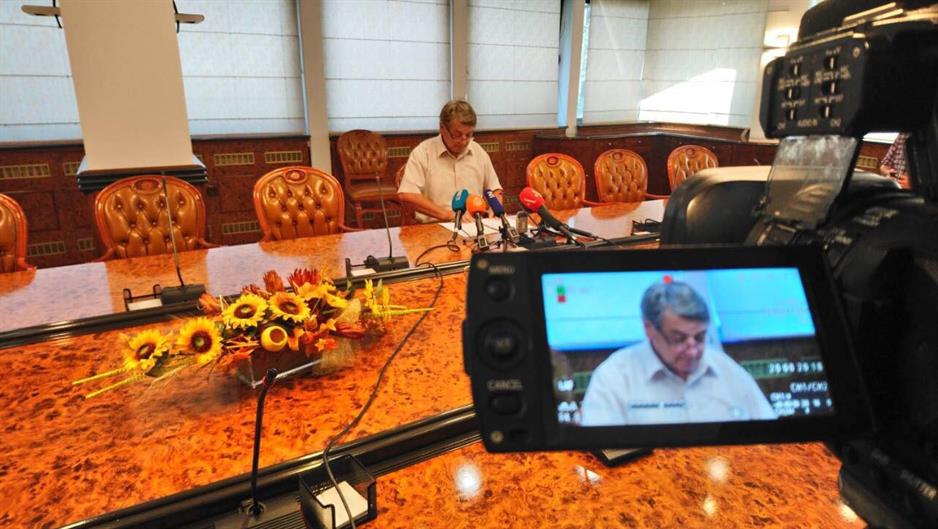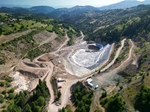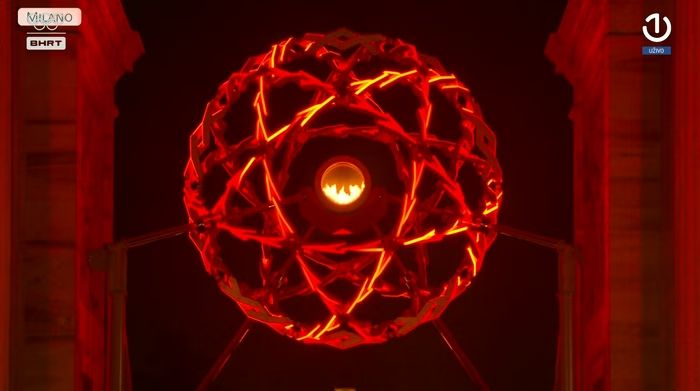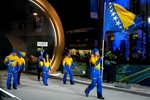Bosniaks veto parliament's conclusions on Srebrenica report

Bosniak Caucus in the Council of Peoples of the Republika Srpska (RS) entity, Bosnia's Serb-dominated part, has invoked on Monday the vital national interest protection regarding the conclusions on the 2004 Srebrenica Report, which the entity parliament adopted earlier this month.
Oglas
Caucus Chairman, Mujo Hadziomerovic, assessed the RS National Assembly's conclusion as an inhumane act.
“A common sense cannot explain this. This is an inhumane act,” Hadziomerovic said.
According to N1's reporter, Hadziomerovic said the decision to invoke the vital national interest protection was passed unanimously.
Oglas
The RS National Assembly convened on August 14 at the initiative of RS President, Milorad Dodik, and passed a conclusion, without a vote of Bosniaks, demanding from the RS Government to annul the 2004 Report on Srebrenica, which contained the information on the events in that eastern Bosnia's town from 1992 through 1995.
Dodik assessed the report - made by experts commissioned by the then RS Government - as false and passed under the pressure of the international community.
The entity parliament asked the RS Government in one of its conclusions to annul the said report, which the Government did two days later, despite the procedure which says that all caucuses should first declare on the matter and although the parliament's conclusions did not enter the force.
Now that the Bosniak Caucus put the veto on the National Assembly's conclusions, the Council of Peoples, as well as the joint commission of these two bodies, will declare on the issue. If no consent is reached, the case will end up before the RS Constitutional Court.
Oglas
The request to revise the Srebrenica Report triggered numerous reactions among Bosniaks and the international organisations, who reiterated that the facts about Srebrenica were confirmed before two international courts.
In April 1993 the UN had declared the besieged enclave of the eastern Bosnian town of Srebrenica a safe area under the UN protection. However, in July 1995 the Dutch battalion soldiers failed to prevent the town's capture by the Bosnian Serb forces and the massacre that followed.
More than 8,000 Bosniak men and boys were killed in what two international courts ruled was a genocide committed in the days after 11 July 1995. So far the remains of more than 6,600 have been found and buried.
Kakvo je tvoje mišljenje o ovome?
Učestvuj u diskusiji ili pročitaj komentare
Oglas
Kakvo je tvoje mišljenje o ovome?
Učestvuj u diskusiji ili pročitaj komentare
Oglas
NAJČITANIJE
Oglas
Oglas
Najnovije
Oglas
Oglas





 Srbija
Srbija
 Hrvatska
Hrvatska
 Slovenija
Slovenija



























































